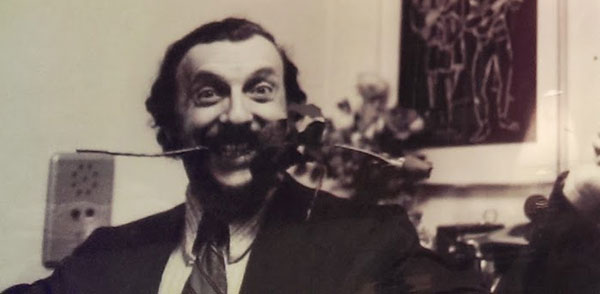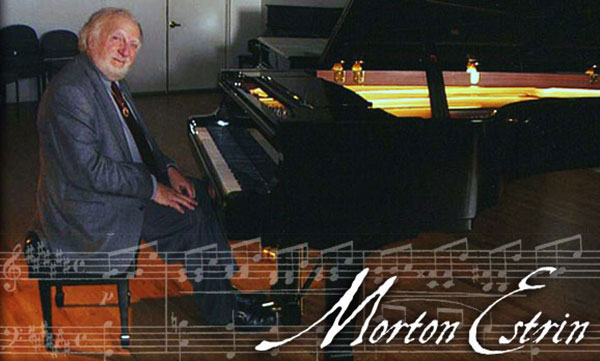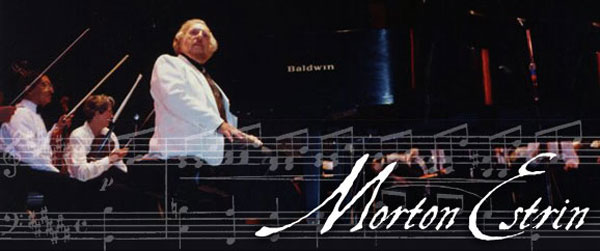I get many questions from music teachers and people looking into becoming a private teachers about where to begin or how to improve their business. No matter if you’ve been teaching for years or just considering getting into it, here are some great tips and advice I can impart from spending a large portion of my life teaching private lessons.
The best thing you can do is find your niche. This isn’t just the type of instrument or music you can teach, it’s knowing your strengths and weaknesses beyond your own repertoire. For example, I know a couple of teachers who specifically advertise their ability to work with young children. This can be a very valuable asset because not all teachers are good with young children and advertising this specifically can be of great benefit to you.
The best thing you can do – for almost any occupation in this world – is find a way to set yourself apart from the competition. Whether it’s working with children, specializing in jazz or rock, or something that sets yourself apart from the label of just “music teacher”, finding your niche in this world can be an extremely valuable asset. You just must remember to play to your strengths – don’t advertise you can do something you can’t; stick with what you know.
There are also a number of private organizations you can join to help you get started or expand your business. In California we have the Music Teacher Association of California (MTAC) which is an incredibly valuable resource for many private teachers in California. They hold conventions and special events to help teachers meet and share ideas with one-another. There are others all around the country – there may be some in your area.
If you are currently taking lessons from a teacher and are considering offering lessons, you should consult them and ask for help. Many times they will be very helpful and in some cases could even refer clients to you if they don’t have the time to take on any more students.
The most important thing when it comes to teaching is the relationship you have between the student and the relationship you have with their parents. If you are comfortable relating to people and talking to them it can be an invaluable skill in growing your teaching career. The majority of the work a student puts in from a music lesson is actually the time they spend practicing at home. The hour or so you have every week is just a small amount of time and if they hope to improve they will need to practice on a regular basis. Getting a student to become interested in learning and progress on their own is the mark of a successful teacher.
The learning process for anything never really stops; it’s a constant process and the same goes for teaching. Talking to other teachers, relatives, friends, family, anyone you can spread the word of your career with is a great way to get your name out there and also attain some valuable information. You might be surprised how much you learn just from interacting with other music teachers.
Thanks again for joining me Robert@Livingpianos.com







